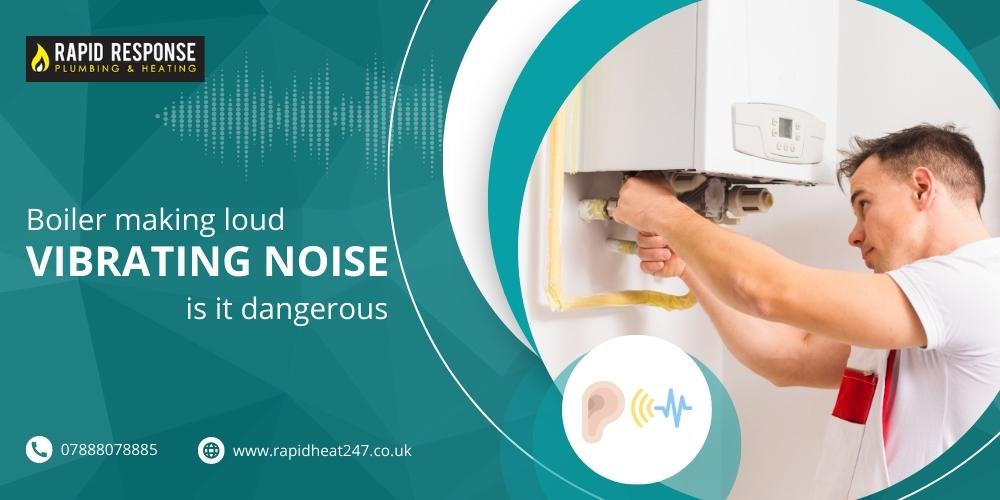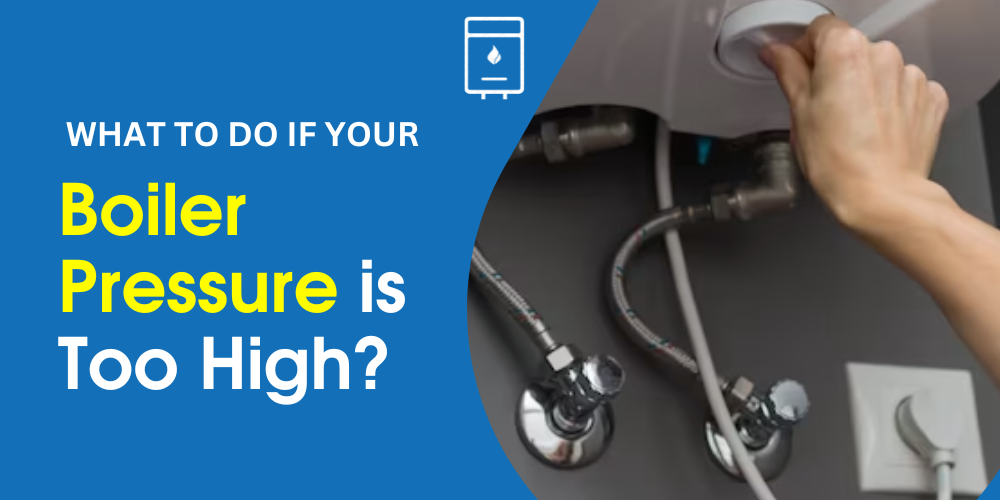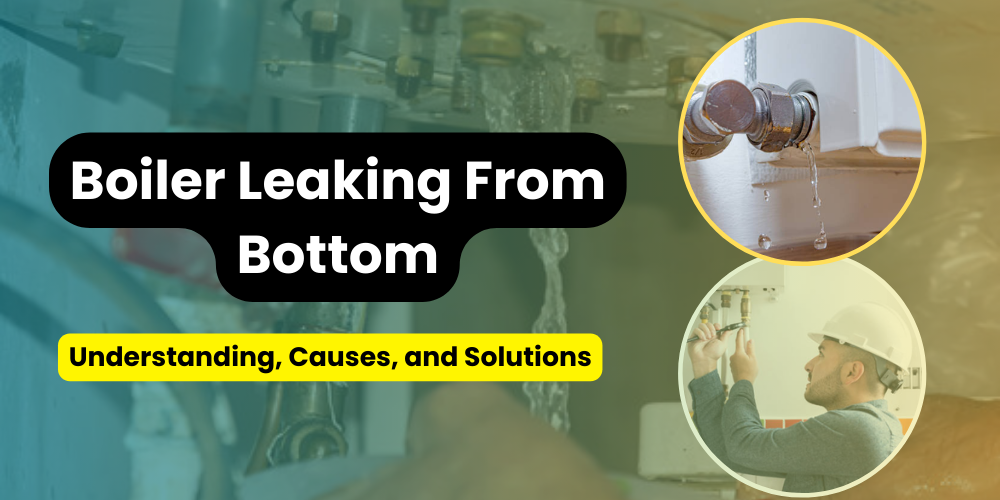Why is my boiler gurgling?
A gurgling boiler can disrupt the tranquility of your home, but understanding its origins is crucial. Often, trapped air within the system is to blame. As your house and heating system age, certain components may sag or become uneven, causing radiators to tilt slightly. Water pumped into the system can then create air bubbles as it navigates these uneven surfaces. Over time, these trapped air pockets accumulate, resulting in the annoying gurgling sound.
Is boiler gurgling dangerous?
Rest assured, a boiler gurgling is not inherently dangerous. Most boilers feature safety mechanisms that shut down the system before any real danger arises. However, it’s advisable to address the issue promptly to prevent further annoyance and potential complications in boilers.
How do I fix boiler gurgling?
Fortunately, a vibrating noises in boiler often doesn’t require a professional engineer’s intervention. Bleeding the system is a highly effective remedy in most cases.
Here’s a simple guide:
- Open all radiator thermostats and turn your heating to full blast for 10-15 minutes.
- Turn off the circulation pump and allow radiators and pipes to cool down for about an hour.
- Use a bleed key or screwdriver to release water into a container, repeating this process for each radiator.
- Finally, restart the boiler and ensure the boiler pressure is at the correct level.
- If bleeding the radiators doesn’t silence the gurgles, it’s time to seek professional assistance at 07888078885
Why is my boiler whistling (kettling)?
A high-pitched whistling noise from your boiler, often referred to as “kettling,” can be quite disconcerting. This phenomenon is often attributed to limescale buildup, especially if you live in an area with hard water. The concentration of calcium salts in hard water is higher, and these insoluble salts can accumulate within the heat exchanger, restricting water flow and trapping hot water within. This trapped water eventually boils, causing the distinct whistling sound.
Other causes of kettling might be:
- Sludge deposits
- Faulty thermostats
- Incorrect settings
- Poor quality installation
Is a whistling boiler dangerous?
While a whistling boiler can be alarming, it’s generally not a cause for immediate concern. Boilers are equipped with safety controls to manage critical situations and can handle system expansion, even when noises are unsettling.
How do I fix whistling noises?
Unfortunately, kettling doesn’t have a DIY solution. It’s best to call in a trained boiler engineer.
Here are some actions they might take:
- Replacing the heat exchanger.
- Installing a Magnabooster.
- Power flushing the system.
Why is boiler making loud vibrating noise?
A vibrating boiler can raise eyebrows, especially when you’re unsure of the cause. One potential culprit is a flue blockage. When the boiler’s air intake is hindered or blocked, it can lead to whooshing or vibrating noises.
How do I fix vibrating noises?
Vibrations from your boiler may not pose immediate dangers, but they should not be ignored. If left unresolved, excessive vibration can result in damage and increased repair costs.
How do I solve vibrating noises in boilers?
Begin by inspecting the flue – the pipe expelling waste gas and condensation from your boiler. Ensure there are no obstructions and remove any dust or debris. If the flue seems clear, the issue might lie with the air filter. Boiler air filters can often be detached, cleaned, and reattached, but it’s wise to consult a professional at 07888078885 if you’re uncertain. Also, check the condensate pipe for blockages.
How do I fix a buzzing boiler?
A buzzing boiler might indicate issues with components like the burner, pump, or fans. These noises often arise due to wear and tear over time.
Why is my boiler humming?
A humming boiler may be linked to high water pressure from the mains or rapid water flow through your pipes. It can also be caused by a faulty pump or fan bearings.
Are strange boiler noises dangerous?
Is it advisable to consider a boiler replacement when it emits unusual noises?
While strange noises may be alarming, replacing your boiler isn’t always necessary. Boilers have a long lifespan, and many issues can be resolved with simple fixes. However, if frequent repairs are becoming costly, consider the financial benefits of a new, energy-efficient boiler. Newer models can lower energy bills and provide long-term savings. Your decision to replace should be based on factors like the boiler’s age, your budget, and the frequency of issues. It’s a choice between extending the life of your current boiler or investing in a more efficient future.



